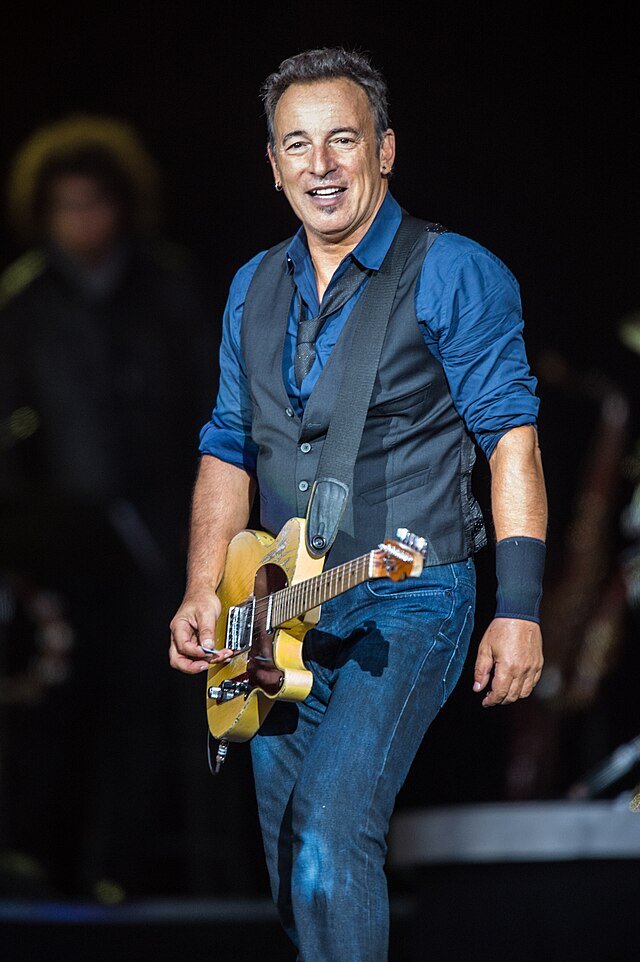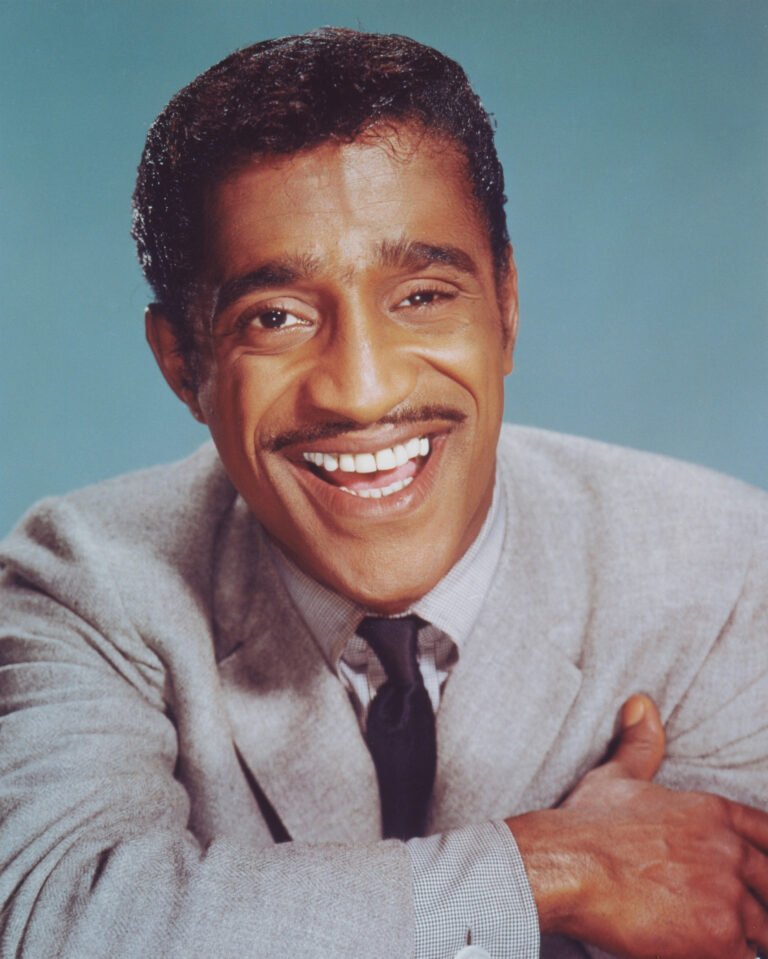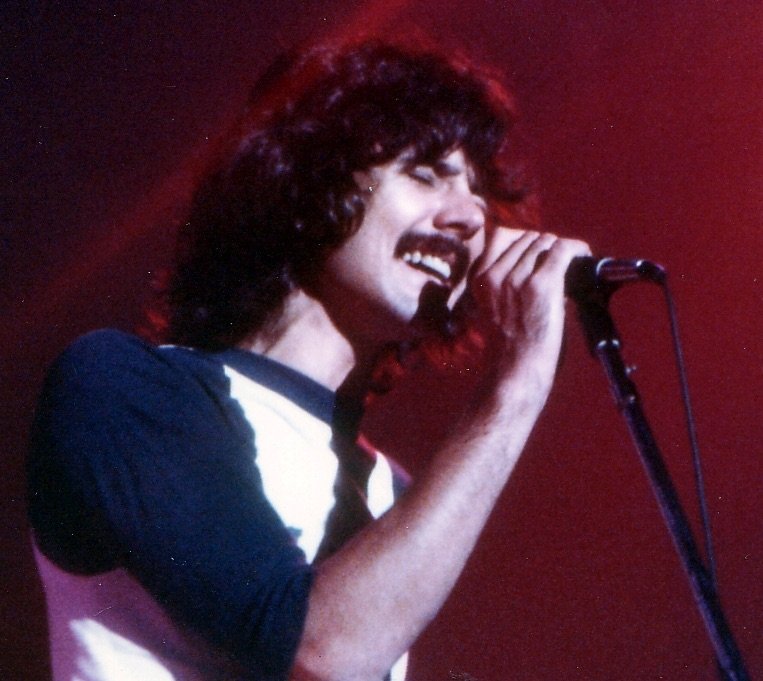
The UK’s biggest music stars have come together in rare agreement — and this time, it’s not about streaming or AI. It’s about tickets. More specifically, the exploitation of fans through sky-high resale prices.
A new open letter, signed by over 60 artists including Dua Lipa, Radiohead, Coldplay, Ed Sheeran, and Royal Blood, is calling on the government to step in and cap resale ticket prices. They want to stop scalpers and shady resellers from draining fans dry for a seat they could’ve paid face value for.
“The extortionate and pernicious secondary ticketing market… is preventing genuine fans from accessing the music, theatre and sports they love,” the artists wrote in a public letter addressed to Prime Minister Rishi Sunak and Labour leader Keir Starmer.
🎫 What They’re Asking For
The artists, supported by the FanFair Alliance and Society of Ticket Agents and Retailers (STAR), are urging the government to introduce legally enforceable caps on resale ticket prices, similar to what’s already in place in countries like Ireland and France.
At the moment, sites like Viagogo and StubHub allow tickets to be resold for hundreds — sometimes thousands — over their original price. Most of that profit doesn’t go to the artist, the promoter, or the venue. It goes to resellers and bots who got there first.
And it’s pissing everyone off.
💬 Who’s Behind This?
The movement is backed by:
- Dua Lipa
- Coldplay
- Ed Sheeran
- Radiohead
- Royal Blood
- Noel Gallagher
- Keane
- Little Simz
Plus big names in comedy, theatre, and even sports
💰 What This Means for Artists & the Industry
For the average fan, this could save money and make concerts feel accessible again.
But for artists, especially independent acts, this opens up a bigger conversation.
- If ticket resales are capped, tour planning changes. You can’t rely on premium resale value or inflated demand anymore.
- Bots and scalpers would be pushed out, but so might some promoters who use dynamic pricing to squeeze the most profit.
- You’ll need to get smarter with fan engagement — like offering early access through mailing lists, or verified pre-sales.
🎤 For Managers, Labels & Promoters: This is Real
Whether you’re managing a grassroots artist or helping book mid-tier festival slots — this matters.
Secondary ticketing has always been a game of margin. This could force everyone to shift to fairer pricing, direct-to-fan models, or subscription-style fanbases (think Patreon-style access to tickets, early merch, etc).
If these caps happen — the middleman dies, but so do a few side-hustles some promoters have relied on.
🧠 Final Thought: Is this the start of something bigger?
Artists speaking in one voice about the economics of the live industry isn’t common. And the timing feels deliberate — just before the King’s Speech and as the UK edges closer to an election year.
If the government takes it seriously, this could change how fans access live music — and how artists make a living from it.
This isn’t about fame. It’s about fairness.
🧨 Why This Isn’t Just a Big Artist Problem
It’s easy to look at names like Dua Lipa and Coldplay and think, “Well, they can afford to lose a few ticket sales.” But the truth is, it’s the up-and-coming acts, the grassroots artists, and the indie labels that get hit hardest.
Smaller artists rely on fair ticket sales to build real momentum. They can’t afford bots hoovering up 100 seats and reselling them for 4x the price — it pushes genuine fans out and kills the energy of their shows.
If fans feel scammed once, they don’t come back.
🎟️ How Secondary Ticketing Works — and Why It’s So Broken
Right now, someone can buy your ticket at £40, then relist it instantly for £250 on a resale platform. You, as the artist, don’t see a penny of that increase. Neither does the venue. Neither does the promoter.
Some of these tickets are bought by bots, not people. Some are fake. Some have already been sold once, twice, even three times before a fan walks into the venue.
It’s a black market — but made to look legit.
Viagogo has repeatedly faced legal action over misleading buyers and failing to refund cancelled shows.
🧠 The Business Impact No One Talks About
Artists aren’t just losing money — they’re losing data.
When tickets are sold via bots or resellers, you have no idea who your real fans are. You lose the ability to follow up, sell merch, build your email list, or offer presale next time. That stuff matters.
It’s not just about the money — it’s about building a career.
🏁 So What Happens Now?
The letter was timed ahead of the King’s Speech — a big moment in UK politics when new laws and priorities are announced. The artists want this issue put on the record, and they’re not just shouting into the void.
Organisations like FanFair Alliance and STAR have been building pressure for years. Now they’ve got the signatures. The attention. The headlines.
If the government doesn’t act, it sends a message: art doesn’t matter unless it’s monetised 10x.
✍️ What You Can Do (Call to Action)
If you’re an artist, manager, or just a music fan — this affects you. Don’t just scroll past it.
What you can do:
- Sign the fan petition at FanFairAlliance.org
- If you’re an artist, start using verified fan ticketing like DICE or SeeTickets with anti-scalper tech
- Avoid linking to or promoting Viagogo and similar sites
- Speak up on socials — fans and artists speaking together makes noise




